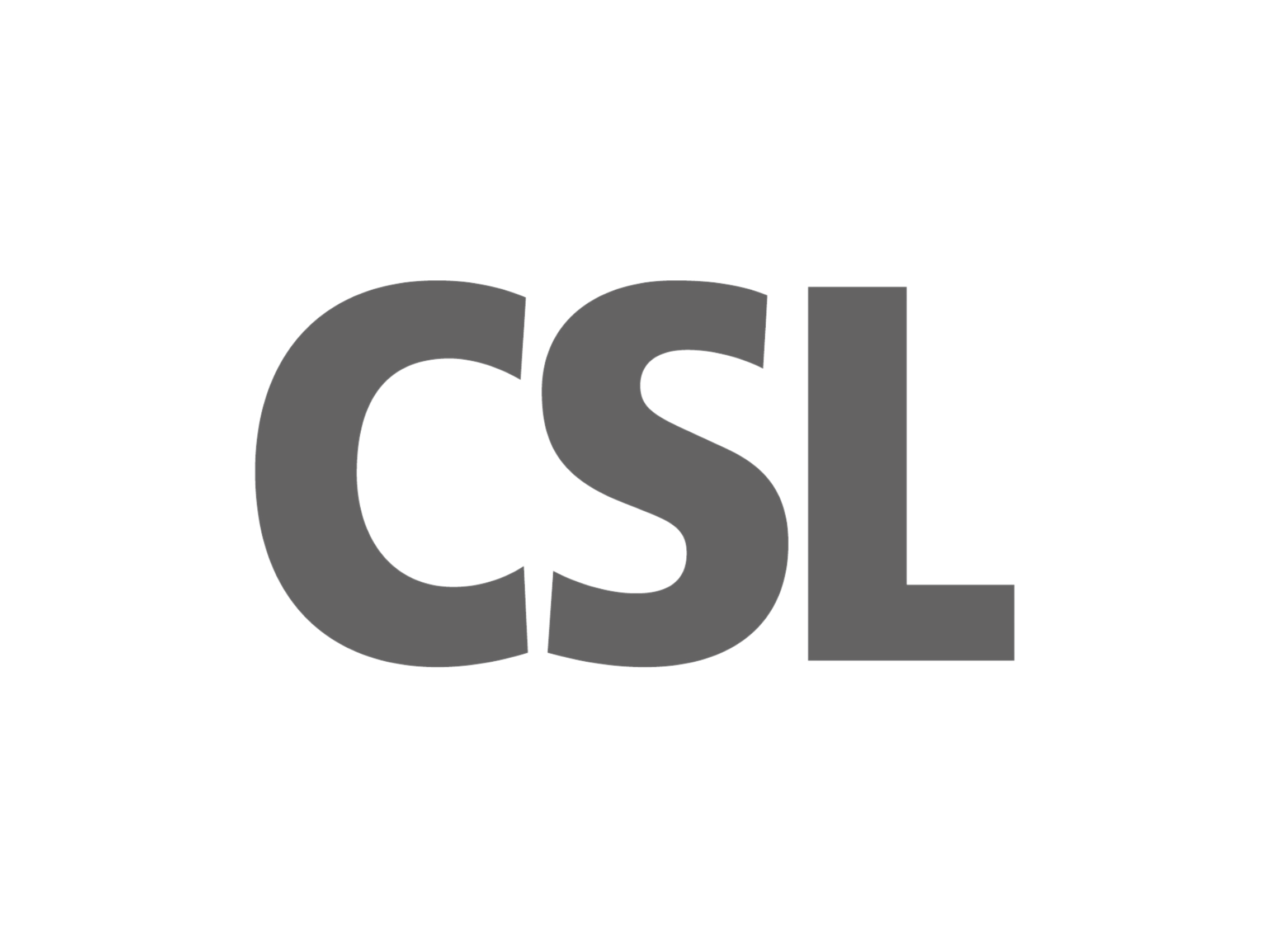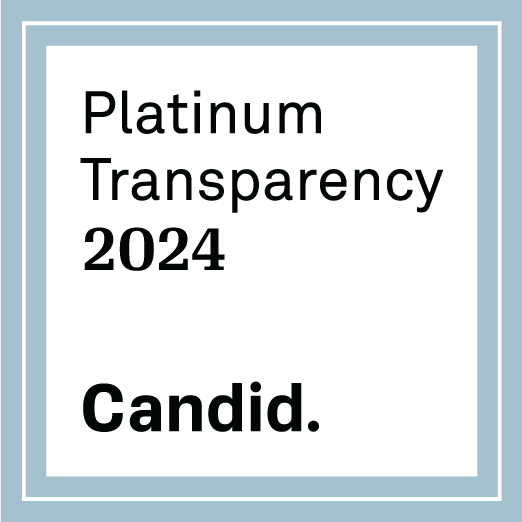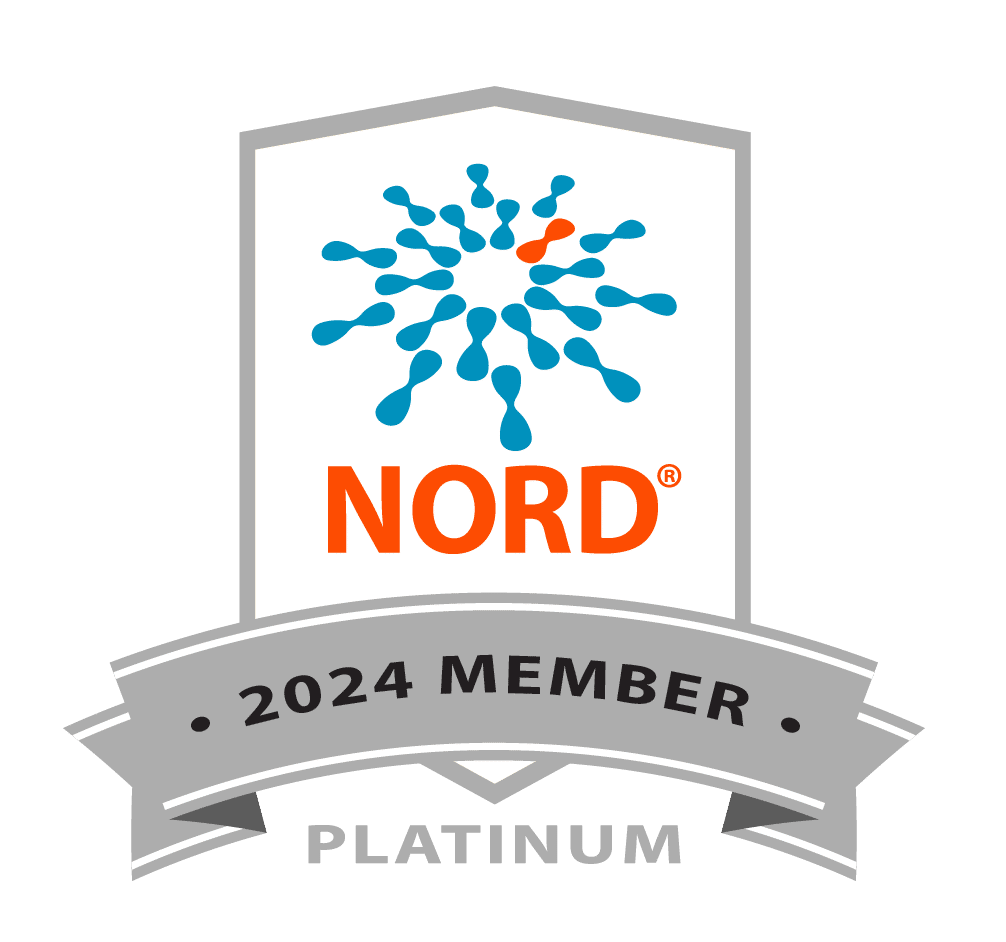The 26 undersigned organizations are pleased to submit our comments on the Centers for Medicare & Medicaid Services’ (CMS’) continuing action to protect the health and safety of patients during the COVID-19 disease public health emergency (PHE). We believe that the Policy and Regulatory Revisions in Response to the COVID-19 Public Health Emergency Interim Final Rule with Comment Period (IFR), if implemented and operationalized with a pragmatic focus on maintaining patient health and safety without increasing immediate or long-term out-of-pocket costs, will save lives by improving access to care for individuals across the country.
Our organizations applaud the Administration’s focus on increasing the modalities through which individuals can access needed health care, enabling patients to stay home when possible, and minimizing the burden on providers while still providing safety protections and clinically appropriate options for receiving necessary treatments and services. The flexibilities within the IFR are particularly important for individuals with chronic conditions and disabilities who would otherwise have to risk a potentially serious or fatal COVID-19 exposure to continue receiving life-saving treatments for their chronic conditions. Our comments focus on a few specific areas within the IFR that patients and caregivers identify as high priority during the PHE, including:
• Increased flexibility to enable patients to receive their infused or injected treatments in their homes when safe and appropriate;
• Modified definition of “homebound” for home care eligibility purposes to include clinician consideration of patient exposure to COVID-19 (or other pathogens); and
• Reduced paperwork and other burdens for providers prescribing oxygen and other durable medical equipment supplies for use in the patient’s home.
Increased flexibility to enable patients to receive their infused or injected treatments in their homes when safe and appropriate.
Given that our organizations serve patient populations that are of the highest risk of serious and life-threatening COVID-19 infection, we are concerned about the potential impact of our constituents leaving their home, even to receive needed medical treatment. Thus, we are appreciative of the Administration’s rapid and decisive action, through the IFR, to take important steps designed to expand home infusion/injection capacity and enable Medicare beneficiaries to receive needed treatments while complying with recommendations to remain in their homes. As CMS receives and reviews stakeholder comments on this enhanced flexibility, we urge the Agency to maintain the patients-first focus evident in the IFR by:
• Further reinforcing that the decision on whether drug administration services should be performed in the home or provider setting should be made at the individual patient level in consultation with the treating clinician;
• Considering additional flexibilities to enable providers to offer this important service in the least burdensome manner possible; and
• Ensuring that beneficiaries who receive care in their homes through these increased flexibilities do not incur additional out-of-pocket costs as compared to what their cost-sharing obligations would be in a non-home setting or site of care.
Adapting Medicare payment rules and mechanisms to enable providers to meet the challenges of this national emergency will reduce the fear and uncertainty patients with chronic conditions and their caregivers are experiencing when forced to choose between a potentially high risk of COVID-19 exposure and the catastrophic consequences of delaying or stopping treatments needed to avoid disease progression or exacerbation. We agree that an approach that leverages telemedicine and encourages practices and providers to augment their clinical staff through contractual or other arrangements can maximize access to injected and infused treatments within the home setting. CMS’ allowance of usage of cellphones to deliver telehealth services, including the supervision required for Part B drug administration in the home, will enable a greater number of patients to utilize telehealth during the PHE.
We recognize that the clinical appropriateness of moving administration of products from a clinic to a patient’s home will vary based on factors such as the safety profile of specific products, individual patient risk, and regional factors such as the virus’ impact and workforce considerations. Therefore, it is crucial that the Agency’s implementation of the IFR, as well as any additional modifications to the IFR going forward, maintain the critically important focus on ensuring that any decisions about treatment modality are made by individual patients in consultation with their treating clinicians.
We also recognize that many stakeholders have noted that this pathway to facilitating in-home care would require new types of contracts between entities that have traditionally not entered into these types of arrangements. We expect that the ability to implement such a system is likely to vary between specialties, types of practices, and geographic regions. Thus, in some instances, additional flexibilities may be warranted, as long as such flexibilities maintain important patient protections such as maintaining patient and clinician decision-making and ensuring patients are not burdened with additional cost-sharing obligations. In all times – and especially in these current challenging and unprecedented circumstances – such protections are essential in order to preserve and protect patients’ well-being, access to care, and adherence to prescribed treatment regimens.
Modified definition of “homebound” for home health eligibility purposes to include clinician consideration of patient exposure to COVID-19 (or other pathogens).
Our organizations support CMS’ clarification of the definition of “homebound” for home health eligibility purposes to include instances of confirmed or suspected COVID-19, and
circumstances where leaving the home would be contraindicated due to potential for contracting COVID-19. We agree that the CDC recommendations and guidelines are appropriate for clinician use in determining whether a patient should be considered “confined to the home,” and urge CMS to enable streamlined provider certifications, and provide greater detail on the types of services that may be available to patients when their homebound status is related to the PHE.
In many states and geographic areas, deployment of medical personnel to COVID-19 patients will likely create (or exacerbate already existing) nursing shortages and leave providers who are unable to arrange for in-home administration for all of their patients with tough choices on allocating scarce resources. It is plausible that some of these decisions can result in patients finding their home injections or infusions being billed under Part B through their treating physician in certain instances and performed by a home health agency providing the drug or biological under Part D in other instances. Because the two programs have varying coverage and cost-sharing structures, those who have their drugs billed under Part D may have to file for exceptions to access their current treatment and/or burdened with unexpected higher copays, coinsurance, and contributions toward their deductible.
Further, this variation is likely to lead to confusion, making it harder for patients to appropriately budget for the costs associated with their care. We urge CMS to ensure that Medicare beneficiaries are able to access the therapies they need at home, when appropriate, without facing additional access barriers and financial burdens that may be difficult or impossible to absorb.
Reduced paperwork and other burdens for providers prescribing oxygen and other durable medical equipment supplies for use in the patient’s home.
Our organizations appreciate the significant steps CMS has taken within the IFR to reduce certain clinician burdens and restrictions that may be associated with prescribing certain types of durable medical equipment (DME). As CMS realizes and addresses in the IFR, the COVID-19 pandemic and PHE has the potential to greatly increase demand for in-home oxygen and other supplies covered under the DME benefit. In particular, we support and appreciate the following temporary policies under the IFR relating to the application of certain national and local coverage determinations (NCDs and LCDs) during the PHE for the COVID-19 pandemic:
• Relaxation of the requirement of a face-to-face or in-person encounter to evaluate and/or certify a patient’s need for in-home oxygen and other DME and related supplies;
• Non-enforcement of clinical indications for coverage across respiratory, home anticoagulation management and infusion pump NCDs and LCDs that include, but are not limited to, those listed in the IFR; and
• Flexibility with respect to additional requirements under NCDs and LCDs, such as consultation and supervision requirements.
In addition, we urge CMS to further engage stakeholders to identify ways that the DME benefit can be leveraged to expand remote physiological monitoring and other treatment options that can facilitate improved access to care for individuals with chronic conditions and disabilities who would ordinarily require relatively frequent office visits. Through policies that can facilitate improved access to items and services that allow for remote monitoring and related services, CMS can improve patients’ ability to maintain careful control of their conditions within the safety of their homes.
Finally, we also encourage CMS to examine whether the payment limits established through the DME competitive bidding program and extended through the gap period are sufficient to ensure that Medicare beneficiaries across the nation have access to all DME equipment and supplies. To the extent that beneficiaries experience delays in access to particular items during the PHE, we encourage the Agency to implement temporary payment mechanisms to ensure access.
Conclusion
The undersigned organizations sincerely appreciate the significant steps CMS continues to take in response to the challenges presented by the COVID-19 pandemic. We welcome the opportunity to work with the Agency as it crafts further policy refinements and implements these and additional important flexibilities to Medicare and Medicaid requirements.
Please do not hesitate to contact Eric Gascho, the National Health Council’s Vice President of Policy and Government Affairs, if you or your staff would like to discuss these issues in greater detail. He is reachable by phone at 202-973-0545 or via e-mail at egascho@nhcouncil.org.
Sincerely,
Alliance for Aging Research
Alpha-1 Foundation
ALS Association
American Association on Health and Disability
American Autoimmune Related Diseases Association
American Foundation for Suicide Prevention
American Kidney Fund
American Lung Association
American Thoracic Society
Cancer Support Community
Colorectal Cancer Alliance
COPD Foundation
EveryLife Foundation for Rare Diseases
GBS-CIDP Foundation International
Lakeshore Foundation
Lupus Foundation of America
Mental Health America
Muscular Dystrophy Association
National Alliance on Mental Illness
National Health Council
National Patient Advocate Foundation
National Psoriasis Foundation
Prevent Blindness
Pulmonary Fibrosis Foundation
Solve ME/CFS Initiative
Spina Bifida Association











